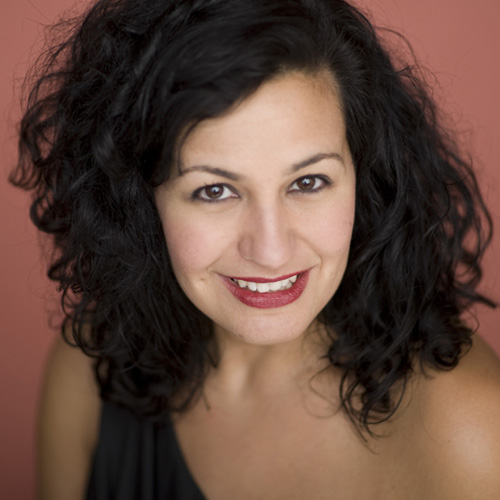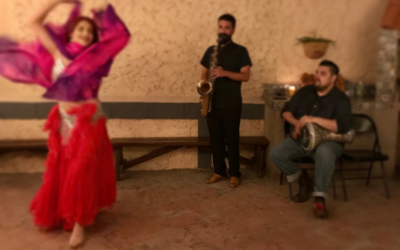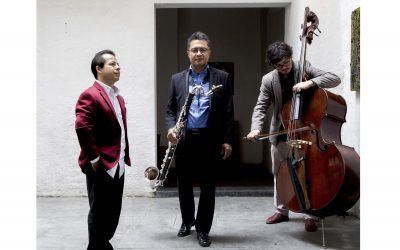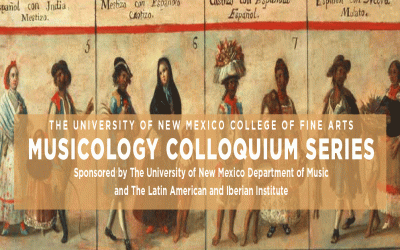The American Prize in Vocal Performance—Friedrich and Virginia Schorr Memorial Award honors the memory of the greatest Wagnerian baritone of his age, Friedrich Schorr, who commanded the operatic stage between the world wars, and his wife, Virginia Schorr, who taught studio voice at the Manhattan School of Music and the Hartt School of Music for nearly fifty years. The Prize recognizes and rewards the best performances by classically trained vocalists in America, based on submitted recordings.
The American Prize in Vocal Performance—women in opera (professional division), 2022, The Friedrich and Virginia Schorr Memorial Awards
The American Prize Winner: Olga Perez Flora, University of New Mexico, Albuquerque, NM
Opera roles include performances with Opera Company Middlebury/A Streetcar Named Desire (Eunice), Opera Columbus/Madama Butterfly (Suzuki), Arizona Opera/Die Zauberflöte (Third Lady), Opera in the Heights/Don Giovanni (Zerlina), and more.
Internationally known as a recitalist, Dr. Flora has performed several recitals with companies across the United States, Cuba, and Italy. She has most recently created a Cuban Song Recital named Canciones de mi Isla: Songs from my Island.

Arab Musicking on the U.S.–Mexico Border
This talk explores the relationship between trauma and identity by examining Arab music performance on the U.S.–Mexico border. Drawing on the musicking of Syrian and Mexican migrant communities, I interrogate theories of cultural and psychological trauma and borderland epistemologies to explore how border tensions influence the often-fraught views of identity.
Music from the Americas presents The Low Frequency Trio
Formed by Antonio Rosales (bass clarinet), Juan José García (doublebass), and José Luis Hurtado (piano), LOW FREQUENCY TRIO is one of the few ensembles in the world that plays music that was exclusively composed for them.
Music, Power, and Signification: A Phenomenological Reading of Race in New Spain
In New Spain, an institutional structure of merit and promotion hinged on the idea of reason as an intrinsically European attribute. This attribute differentiated ‘Europeans’ from people of mixed race claiming European status based on their skin complexion.



